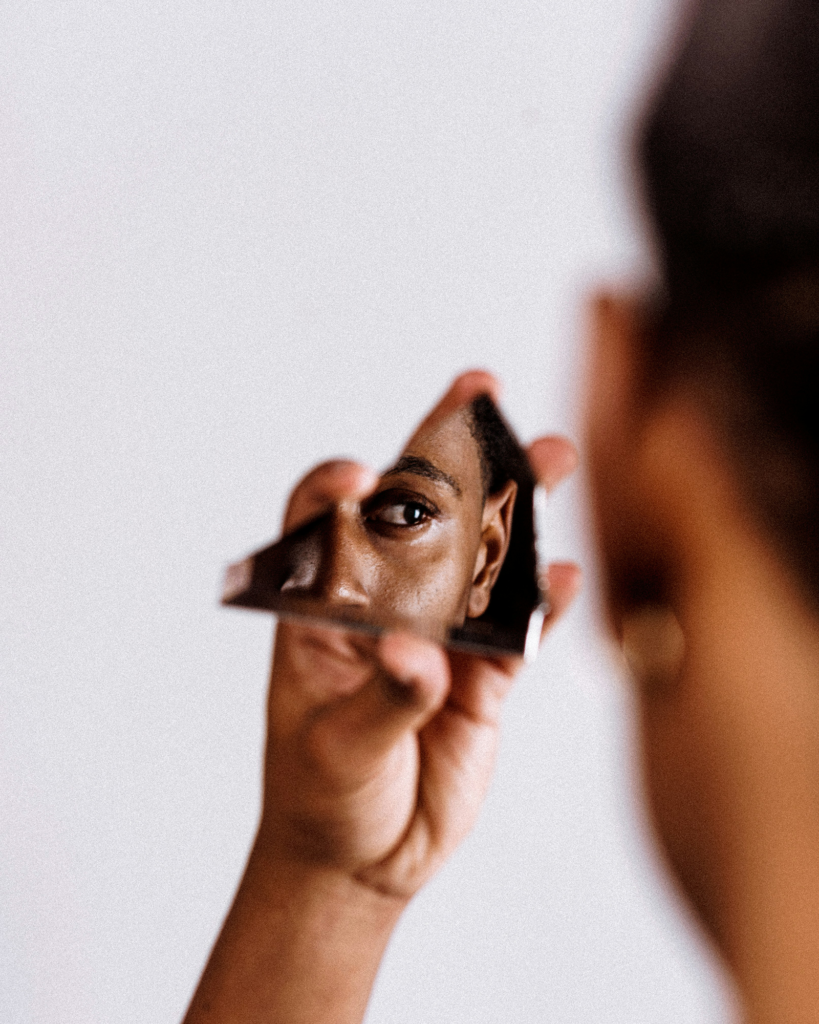By Farzana Nasrin
“Child, you’ve gotten darker,” my dad said, a hint of worry in his voice.
I was confused. My father, who had blessed me with his color, was fussing over my skin, while Mum stayed silent.
Playing outside and basking in the sun’s sweet, warm rays that summer had given me a tan. I was ten years old when my parents began to ingrain in me the importance of avoiding anything that might darken my skin. I came to understand that darker skin was considered unfavorable. From then on, I hid under canopies and hats, and stayed inside classrooms.
These actions were not enough. Even on days without the sun visible, days where only clouds illuminated the sky, I would tan within the span of minutes. My skin felt my misery, yet my skin could not help but love the sun more than me.
So, I learnt to take control.
I learnt about face-whitening creams when I was fifteen. In the repetitive advertisements on YouTube and TV, I saw skin the same brown tone of mine represented as the before, with clear pale skin as the after. At first, I considered it absurd; however, in one commercial I noticed my favorite Indian actress, Yami Gautam, with skin paper white and flawless.
“She’s so beautiful,” I whispered, staring at the screen. I caved and purchased the product, using it religiously every morning and night. The brand, Fair and Lovely, began to make me feel fair and lovely. The me with the false, fair skin became the appearance I preferred. It was unnatural, but I felt beautiful.
Stripping my skin of its rich melanin was a mandatory daily chore to ensure my new mask didn’t leave. This mask, handed to me by those I loved, was precious. It made me feel attractive and accepted.
“You’re so naturally white,” my best friend, Mariya, said.
But, at home, my twin sister Razwana reminded me, “Your skin is only fair because of makeup and that cream. Don’t lie to yourself.”
Even if my true self was lost, the compliments on my fairness sparked happiness within me. I ignored my sister and glared at her every time she mentioned my skin routine. My face bleached to a Casper white. And eventually, my face felt sore, a sensation of needles prickling my reddened cheeks. My skin suffered from chemical burns. Areas of my newly lightened skin broke open, exposing the red, tender flesh beneath.
My twin sister said nothing, but her face said I told you so.
In my heart, I knew harming myself was not the answer. I knew I would have to lose the beautiful mask that I thought was me. The burns were painful, but staring at a darkening reflection was more painful still. I could not accept my natural color. Not until I learnt to accept my whole self and learnt to love the person beneath the skin.

Farzana Nasrin is a BA English graduate who has a passion for poetry and prose in all forms. Currently living in the United Kingdom, she is a second-generation immigrant who is a woman, a person of color, and a Muslim, and much of her work explores and raises awareness of these identities. In her free time, she writes about politics and her pet bird.
Photo by jurien huggins on Unsplash